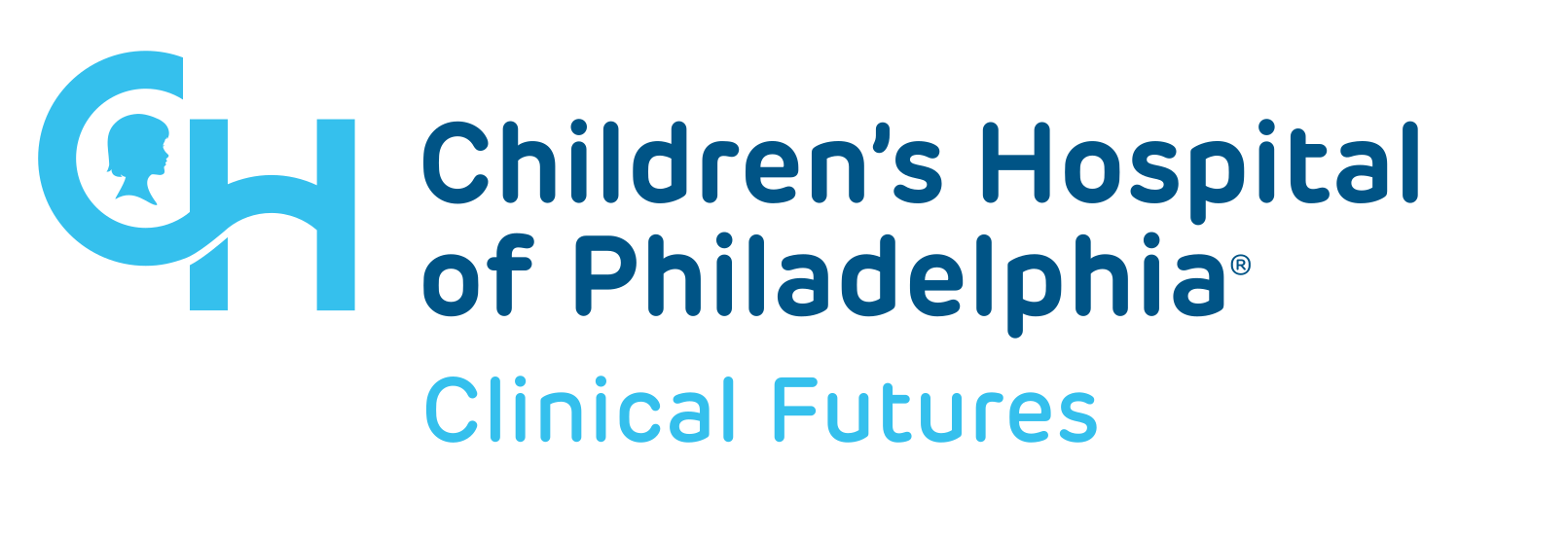Research In Practice Blog
Breadcrumb
The Research In Practice Blog shares credible and timely commentary on the latest news, research and events in clinical effectiveness. Catch up on our most recent posts below. Check back often for updates!
Published
in Research In Practice Blog
Our study demonstrates Black youth and caregivers’ openness to conversations on navigating police encounters with pediatricians.


Published
in Research In Practice Blog.

During the pandemic, enhanced infection prevention measures were implemented across NICUs in United States including universal masking, changes to staff and visitor health screening, reinforced hand hygiene practices, and restricted visitation policies. In work was recently published in JAMA Network Open in a new study titled, “Health Care–Associated Infections Among Neonates During the COVID-19 Pandemic” a research team, including Clinical Futures experts, investigated whether these enhanced infection prevention measures impacted incidence of viral and non-viral Healthcare associated…
Published
in Research In Practice Blog.

New research that reveals even low levels of air pollution can increase asthma risk for children with bronchopulmonary dysplasia after NICU discharge. Experts Kristian Scott, Scott A. Lorch, MD, MSCE, Chén C. Kenyon, MD, MSHP and Heather H. Burris, MD, MPH were part of the study that advocates the importance of early-life air quality.
Published
in Research In Practice Blog.

As 2025 comes to a close, we are reflecting on a year that has been both challenging and rewarding for the Center. This extraordinary year presents an opportunity to highlight and share some of our achievements, showcasing the successes and important work of our faculty, other investigators, and research staff over the past year. About Clinical Futures:
Published
in Research In Practice Blog.

In 2025, despite facing uncertainty and challenges, Clinical Futures remained dedicated to our mission of improving children's health through innovative work and research. We want to express our gratitude to our partners and collaborators for their commitment to this common goal.
As the year comes to an end, we would like to take a moment to reflect by sharing some of our most-read blog posts from the past year.Here are the top five blog posts of 2025:
Published
in Research In Practice Blog.

In this comparative study, researchers developed strategies for tailored approaches that may contribute to increased adolescent participation in medical decision making for adolescents with type 1 diabetes and sickle cell disease.
Published
in Research In Practice Blog.

Children’s Hospital of Philadelphia (CHOP) has been approved for $17 million in research funding by the Patient-Centered Outcomes Research Institute (PCORI), to lead a groundbreaking pragmatic trial evaluating management strategies for asymptomatic, non-obstructive kidney stones. The focus of the project will be to determine whether observation or upfront surgery results in less life disruption from asymptomatic kidney stones for children and adults. Researchers will conduct the trial across 30 sites in PCORnet using patient data from over 1,300 patients aged 6 years and older with…
Published
in Research In Practice Blog.

Researchers developed and implemented of a pediatric pulmonary embolism clinical pathway and pulmonary embolism response teams at CHOP, which led to improved standardizations of PE evaluation and provided rapid multidisciplinary care for intermediate and high-risk PE.
Published
in Research In Practice Blog.

Personalizing the care setting for pediatric patients with AML can have profound impacts on their treatment experience and outcomes. The AML Care at Home toolkit includes a discharge eligibility assessment tool and outpatient management guidelines for pediatric patients with AML. This toolkit allows patients, caregivers, and clinicians to choose a care setting collaboratively that balances clinical status, practical factors, and patient/caregiver preferences.
Published
in Research In Practice Blog.

This five-year longitudinal study builds on the previous research by Drs. Gregory and Lorch on preconception health care and Medicaid. This current study will identify patterns of Medicaid enrollment during early adulthood and investigate whether these patterns are associated with states’ adoption of Medicaid expansion. Researchers will quantify the number of months of Medicaid enrollment and the rate of enrollment churn among individuals aged 19 to 25 years.
Published
in Research In Practice Blog.

The aim of this retrospective cohort study was to examine the impact of intrapartum and early infancy antibiotic exposures on the risk of later childhood infections. The primary exposure was defined as the administration of intravenous antibiotics during labor or to the infant within three days after birth. The study focused on full-term infants who were born without any infections or chronic congenital conditions.

